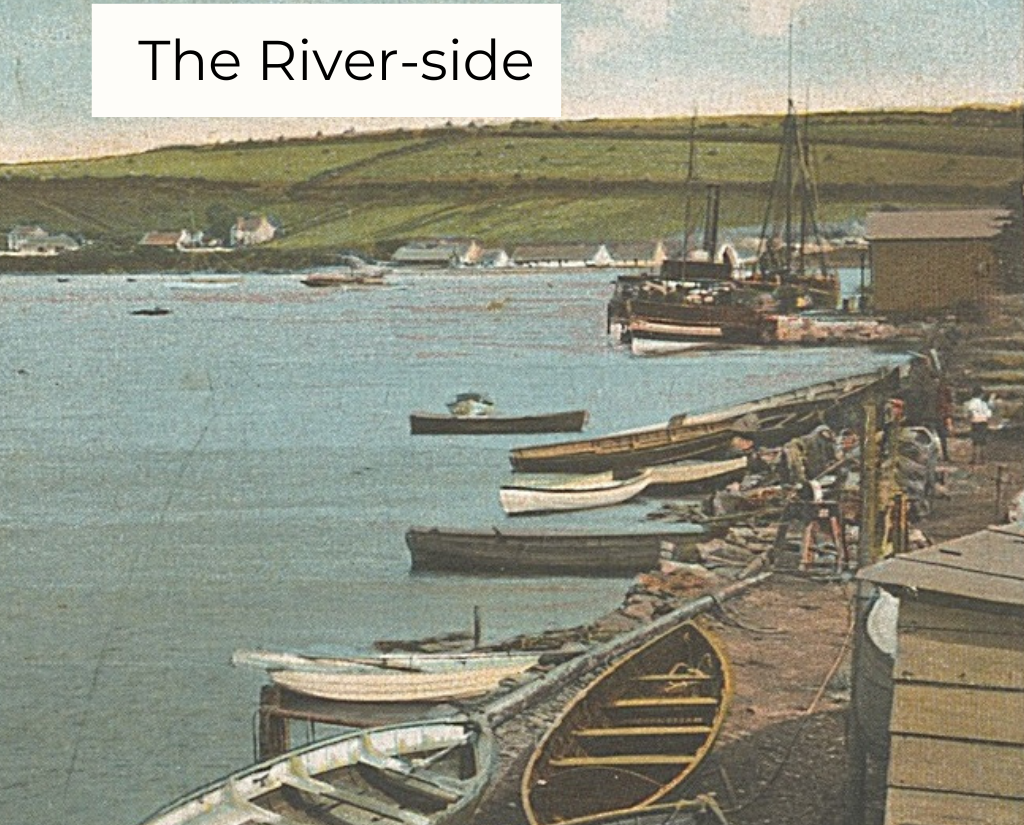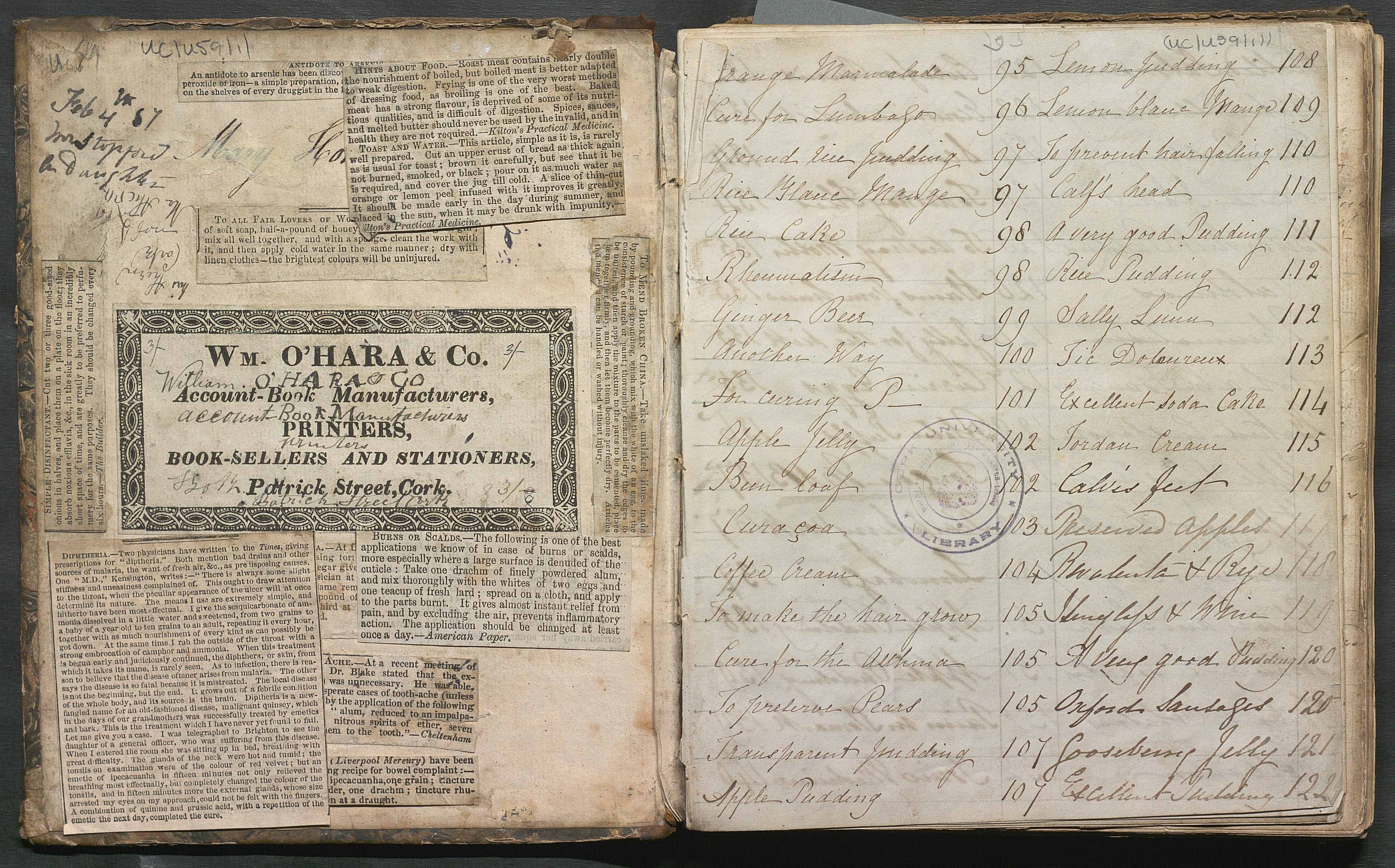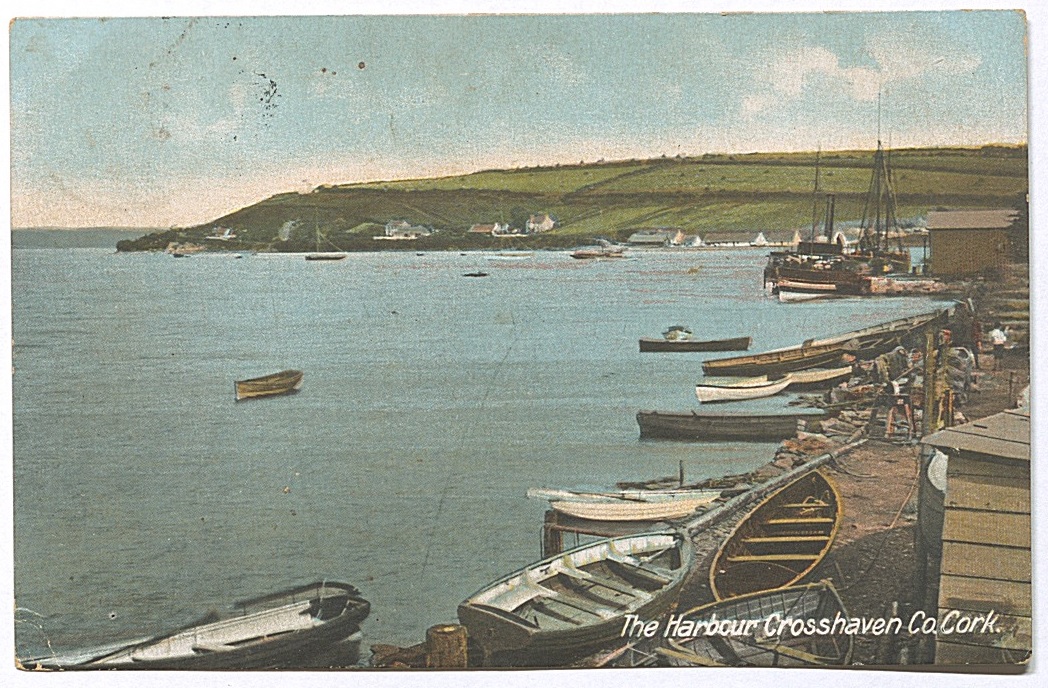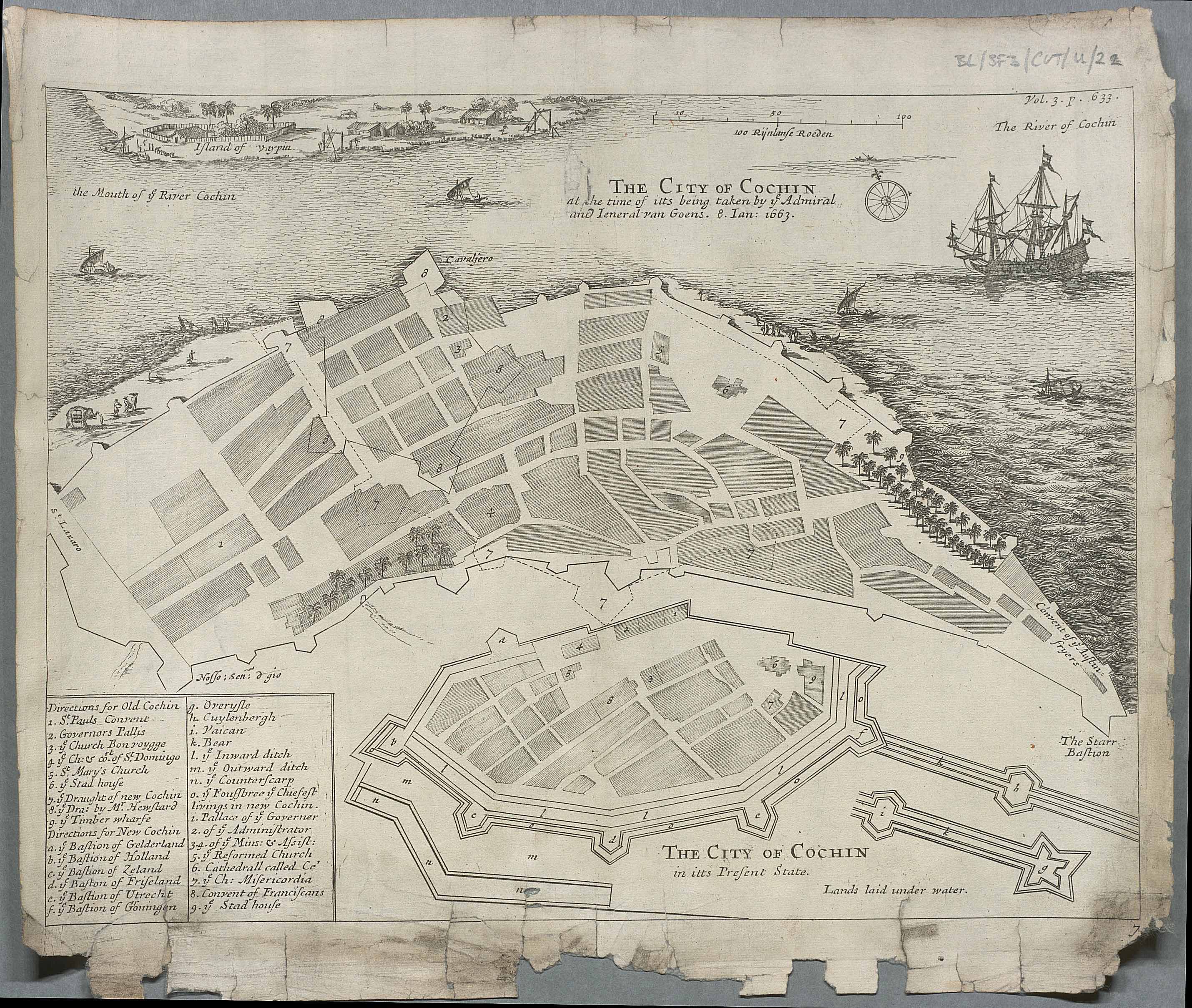
The River-side welcomes this guest post from Kian O’Mahony, a student on the 2021/2022 MA in History in UCC, that includes the HI6063: Work Placement and Portfolio module. Kian spent six weeks in UCC Library: in Academic Services, Special Collections & Archives listing small collections of maps, postcards and letters and in Digital Learning Services using the primary sources from Special Collections & Archives to create a book on Scalar, an open-source web-based publishing platform for creating networked multi-media online publications.
Introduction
For six weeks from Monday 24 January to Friday 4 March 2022, I undertook my work placement module in UCC Library as part of my MA degree in History. I worked in four sections of the library which were Special Collections, Digital Learning Services, Academic Services, and Library Archives. I will discuss aspects of my work placement which caught my interest and the skills I developed which will be of benefit for my working life after completing my degree.
Postcard Collection
A task I undertook for work experience was listing postcards. A postcard which stood out for me shows an image of the Harbour in Crosshaven in County Cork. The date of the postcard is 17 September 1906 and was sent to Miss M. Fitzgerald, whose address is James Street in Mitchelstown, which is in County Cork. The written message on the back of the postcard is readable. The image on the front of the postcard depicts some boats at a port with a coastal area in the background and the sky is clear. I chose this postcard because Crosshaven is my hometown. Crosshaven is a town in the south of Cork and is located by the sea. I found it interesting to see an image of Cork on a postcard from over a century ago. Crosshaven is famous for its yacht club, which is the oldest in the world. This postcard also gives insight into the history of Crosshaven. Studying postcards from the past also highlights methods of communication in history, which gives insight into how people lived in the past. The postcard is in prime condition and has been successfully preserved in the Special Collections in UCC library. The postcard is part of a remarkable collection in Special Collections which also have been preserved and highlight the history of Cork and everyday life of its people throughout history. This aspect of my work placement has been beneficial as I have gained the opportunity to work with historical materials, which I would be interested in after completing my MA. I also acquired the skill of handling archival materials which would be essential for potential career options in the future.
St Fin Barre’s Cathedral Library: Map Project
Part of my work placement in Special Collections involved listing maps from the St Fin Barre’s Cathedral Library, which was acquired by UCC Library in the 1980s. For preservation reasons the maps were removed from A collection of voyages and travels: some now first printed from original manuscripts: others translated out of foreign languages, and now first publish’d in English, to which are added some few that have formerly appear’d in English… and are held separately. These maps date to the seventeenth and eighteenth centuries, which was the time when European explorers embarked on voyages in search of new lands and wealth. These maps gave insight into the nature of exploration and cartography during this period in history. The maps were in good condition and are still readable. I am going to discuss an example of a map I listed and what it reveals about the history of this period.
City of Cochi (Kochi)
The map which stood out to me was depicting the City of Cochi (Kochi) in India in 1663. At the time Cochi was captured by the Dutch. The map gives detail of the city of Cochi with placenames, as well as illustrations of animals, people, trees, and mountains. This map highlights the broader history of European colonization in the seventeenth and eighteenth centuries and how explorers travelled at the time. This map along with the other maps in this collection are well preserved but are fragile and must be handled with care. Although I had studied maps before my work placement, listing these maps from St Fin Barre’s Cathedral Library has proven beneficial allowing me develop skills such as critical thinking and analysis. This task has also helped me gain greater appreciation for historical maps and their importance in research and analysis of history.
Scalar Project
For my work placement in the Digital Learning Services, I participated in a project for Scalar, which is an online resource that allows users to assemble media from multiple sources. The aim of this project was to identify and scan recipes from three different historical recipe books for Pi Day on Monday 14 March 2022: Historical Recipes in the Digital Age. These recipes will be made more accessible for contemporary readers. I researched and did some writing on the historical background of the recipes. While the recipe books do not give information regarding the time they were written, my research suggested that they date to the early to mid-19th century in Ireland. The mid-19th century is associated with the Irish famine and has resulted in the stereotypical view of the Irish diet at the time only consisting of potatoes. These recipes challenge pre-conceived notions of culinary culture in Ireland at the time. These recipes gave insight into the nature of culinary culture in Cork during the Victorian period and the role food played in the everyday lives of its people. The recipes primarily consisted of sweet recipes, for example puddings which were popular dishes in Britain at the time. These recipes highlight the British influence on culinary culture at the time as Ireland was a member of the United Kingdom. Another notable aspect of the recipe books to the prevalence of medicinal recipes. These recipes highlight the medical knowledge and concerns in Ireland in the mid-19th century. This area of my work placement was beneficial for my historical research skills, which I hope to continue after completing my MA degree in UCC.

Charlotte Grace O’Brien Letters
An activity for my work placement in the Special Collections involved listing a collection of letters by Charlotte Grace O’Brien, which were donated to UCC Library. These letters were written in Ireland between 1879 and 1889 and were donated to UCC in the 1910s. The letters have been preserved by UCC Library and are in good condition. These letters reflect the methods of communication and correspondence between Irish people at the time, which was a major aspect of everyday life. A notable feature of the Charlotte Grace O’Brien letters is that the recipients included are political Irish figures such as Charles Gavan Duffy and John Redmond and British political figures such as Prime Minister William Gladstone. These political figures played a key role in the battle for an independent Ireland. John Redmond is a significant figure in the Irish War of Independence. The letters were frequently sent to Britain and addresses of recipients such as the House of Commons also reflect the influence of the political climate on the writings of these letters. The letters were also sent to areas of political significance in Ireland for example, Kilmainham Gaol in Dublin. This task was beneficial because not only do the letters give an outline of Irish history in the late 19th century but also highlight the role letter writing played in people’s everyday lives.


